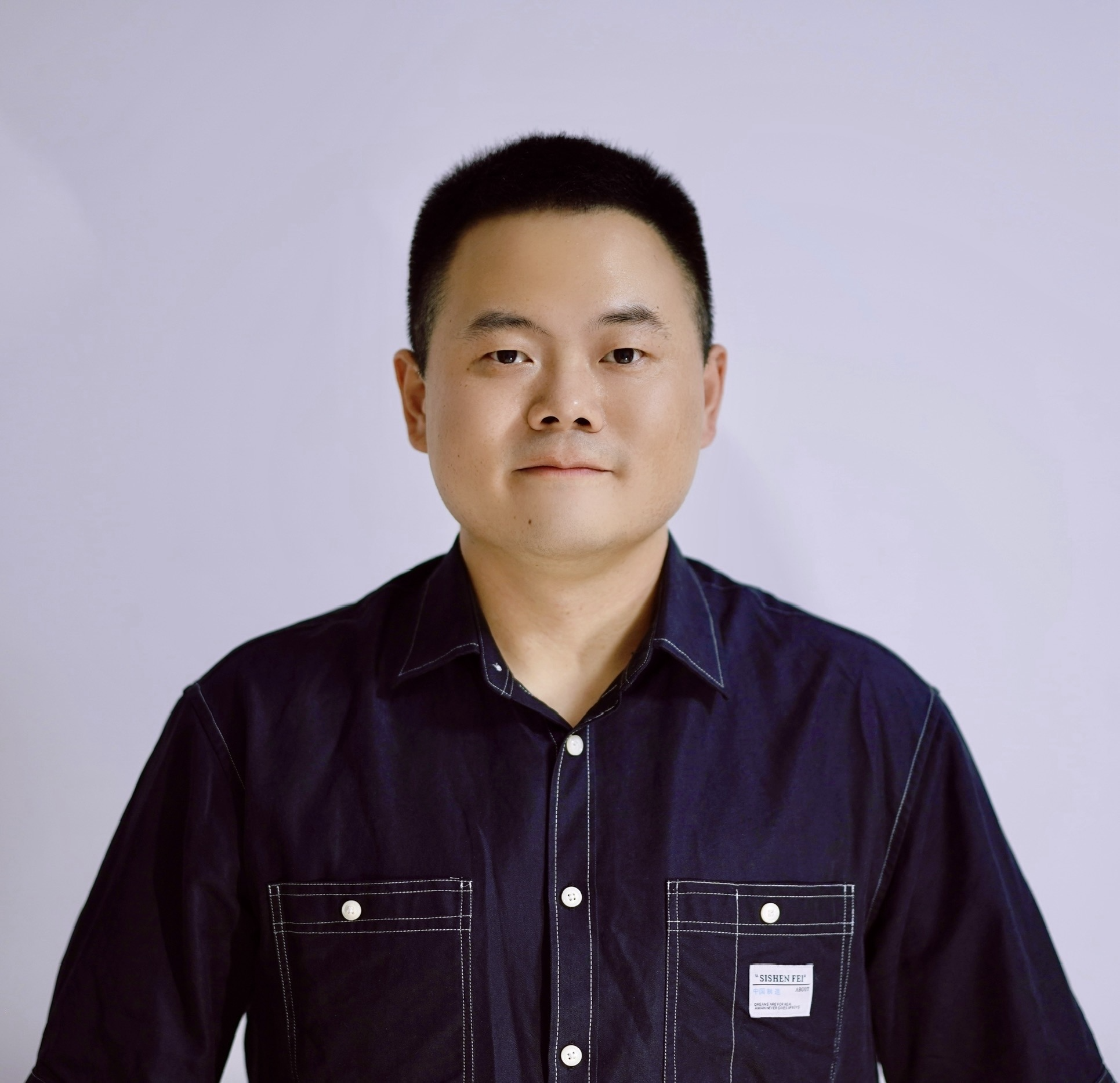Join Our Team
Research Focus
In the Noisy Intermediate-Scale Quantum (NISQ) era, quantum systems face unprecedented challenges arising from their inherent state complexity (e.g., quantum superposition and entanglement), noise unpredictability, and measurement uncertainties. My research systematically addresses these critical issues by developing formal method theories, algorithms, and tools to ensure that quantum systems operate reliably, securely, and efficiently.
By extending formal methods — a branch of computer science celebrated with multiple Turing Awards — to the quantum domain, I bridge the gap between quantum theory and real-world applications, providing a foundation for trustworthy quantum systems. Specifically, my contributions are organized into three interconnected areas: quantum system correctness, robust and privacy-preserving quantum algorithms, and quantum-accelerated formal verification, culminating in the development of VeriQ, the world’s first comprehensive toolchain for trustworthy quantum computing.
Research Contributions
1. Correctness of Quantum Systems
Ensuring the correctness of quantum systems (protocols, algorithms, programs) is fundamental but complex due to the continuous nature of quantum states. My key contributions include:
- Introducing Quantum Markov Chains as a formal model for quantum system evolution.
- Developing 3-level decomposition techniques (coherence, irreducibility, periodicity) for analyzing reachability problems.
- Proposing quantum temporal logics to specify dynamic correctness properties.
- Designing automated model-checking algorithms for system verification.
Applications: Validated quantum communication protocols and quantum algorithms.
Key Publications: CAV 2024,SIAM Journal on Computing 2021,CONCUR 2021,TACAS 2022,ITCS 2020,QIC 2018,JCSS 2018.
These results are featured prominently in the monograph Model Checking Quantum Systems: Principles and Algorithms (Cambridge University Press).
2. Robust and Privacy-Preserving Quantum Algorithms
Quantum machine learning algorithms are highly susceptible to noise and privacy risks. I developed a formal framework to define and verify:
- Local robustness, global robustness, and differential privacy for quantum algorithms.
- Designed quantum (machine learning) algorithm models that are both noise-resistant and privacy-preserving.
Key Publications: CAV 2021, 2022, ACM CCS 2023
These works were recognized as the “first step in the field” and were included in the German Federal Office for Information Security (BSI) quantum security report.
3. Quantum-Accelerated Formal Verification
To address the computational limitations of classical verification methods, I developed:
- Polynomial-time quantum algorithms for fidelity estimation using techniques like block encoding and quantum amplitude estimation.
- Algorithms to compute key quantum information metrics: trace distance and entropy.
- The first quantum algorithm for solving reachability problems in quantum systems, achieving exponential speedup.
Key Publications: IEEE TIT 2023, 2024, QIC 2021
4. VeriQ Toolchain: Trustworthy Quantum Computing
I co-led the development of VeriQ, the first comprehensive toolchain for trustworthy quantum computing. VeriQ offers:
- Quantum Design Automation (QDA) for quantum chip optimization.
- Quantum Program Verification and Analysis to ensure algorithm correctness.
- Trustworthy Quantum Machine Learning for robustness and privacy assessment.
Achievements:
- Key Publications: FM 2024 and DATE 2024.
- Released 10 tools, successfully deployed on Zuchongzhi 2.0 superconducting quantum processor.
- 3 national invention patents secured.
More details: https://www.veri-q.com
Future Research Directions
- Quantum Algorithms on NISQ Devices
- Optimize and implement quantum machine learning algorithms for applications like:
- High-dimensional data classification
- Quantum state discrimination
- Entanglement detection
- Validate experimentally on real quantum hardware to demonstrate quantum advantage.
- Optimize and implement quantum machine learning algorithms for applications like:
- Formal Verification Techniques
- Tackle key problems such as termination analysis and automatic invariant generation to ensure program correctness and reliability.
- Quantum Circuit Optimization
- Develop tools for transpilation, synthesis, and optimization of dynamic quantum circuits:
- Circuit depth reduction
- Noise mitigation
- Hardware-specific optimization
- Develop tools for transpilation, synthesis, and optimization of dynamic quantum circuits:
These efforts will further enhance the VeriQ toolchain, transforming it into a leading platform for end-to-end trustworthy quantum computing and bridging the gap between theoretical advancements and practical quantum systems.
